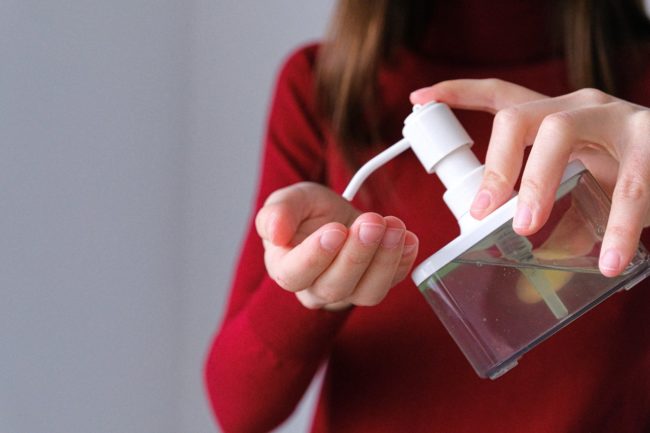Business for South Africa (B4SA) calls on business and all South Africans to continue to take preventative action to curb the rapid rate at which COVID-19 is spreading through the country. The steep and dramatic surge in new infections indicates that we are now well along the upward trajectory of the infection curve, with South Africa recording the fifth highest number of confirmed COVID-19 cases in the world.
Based on the latest statistical modelling, we expect that the national COVID-19 infection rate in South Africa will peak during August 2020, with daily mortalities peaking by late-August or early September. The Western Cape has turned the corner with lower confirmed case numbers and slowly declining mortality figures. The load on the hospital system in the province has also adjusted to manageable levels. The overall projections for the country may still shift depending on the degree to which the infection rate evolves in Gauteng, currently the epicentre of the infection, and the Eastern Cape and KwaZulu-Natal where rising infection rates remain a concern.
A significant number of businesses are already in distress with further job losses of about 1.5 million expected by the end of 2020. Economic modelling suggests that a one percentage point increase/decrease in real GDP growth leads to a near equal percentage point increase/decrease in employment. B4SA anticipates that Gross Domestic Product (GDP) could contract between 8-10% in 2020.
“Against our latest modelling scenarios we expect that it will take a minimum of two years for the South African economy to recover to pre-COVID-19 levels, keeping in mind that South Africa’s economy was already weak at the start of 2020,” said Martin Kingston, head of the economic workgroup for B4SA. ”We also expect the infection rate to have a long tail-off and for the virus to remain a reality of daily life for up to two more years.”
In addressing the challenge, every part of society must work together to ensure South Africans are able to work in the safest possible manner – whether that be as part of the State, business, NGO or individuals – and working practices must adapt to meet the health, safety, and hygiene protocols required to combat COVID-19. This includes employer obligations in respect of employees over the age of 60 or those with specified co-morbidities.
Effective methods for protecting against exposure and disease transmission are known, and available to all.
Everyone in the workplace must wear a cloth mask covering their mouth and nose, practice frequent hand hygiene, physical distancing (1.5 m or more) and regularly disinfect high-touch surfaces. International data indicates that these non-pharmaceutical interventions can meaningfully reduce infection rates.
Adhering to these protocols is equally critical for the young and healthy who can protect their families, friends, teachers and colleagues from infection. Older individuals or those who have one or more of the comorbidities that increase risk (including obesity, diabetes, cardiovascular diseases, uncontrolled HIV or TB)can equally protect themselves by taking these steps.
We also know that good ventilation or airflow can help to remove droplets that carry the virus from confined spaces such as indoor areas and public transport vehicles.
“When we take steps as individuals to learn about this virus and understand our own risk factors as well as the situational risk that lies in different activities, for example being in a close and confined space versus walking in the open air, the better equipped we will be to make informed decisions and reduce transmission in our communities,” added Kingston.
Finally, leadership and workplace culture can be powerful factors in ensuring employee and customer protection. As B4SA we call on South African business leaders to create a work environment that builds trust, confidence and inspires mutual care for employees, customers and communities.
The Return2Work Initiative (https://www.return2work.co.za/) offers businesses clear and simple step by step guidance on re-opening and staying open, incorporating the key legal requirements and tools to minimise infection, including guidelines for businesses in the informal sector. Transport protocols are also available to support employees in accessing safe public transport.
While the challenges South Africa faces in addressing the COVID-19 crisis will pass, rejuvenating our economy and rebuilding society will require our collective focus in the future to accelerate inclusive economic growth and employment.
B4SA, in collaboration with BBC, BUSA, BLSA, ASISA, BASA and the Minerals Council, has formulated an integrated accelerated economic recovery strategy which harnesses South Africa’s potential in the shortest possible time by leveraging all resources – across government, business, and civil society – to address the economic and social challenges we face.
This work sets out recommendations and proposals which business and government can work on jointly as partners in order to reset South Africa’s economic and social development path, to enable the nation to enjoy a better future. For more information visit, https://www.businessforsa.org/economic/economic-relief-measures/
